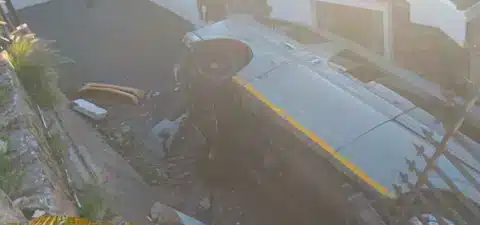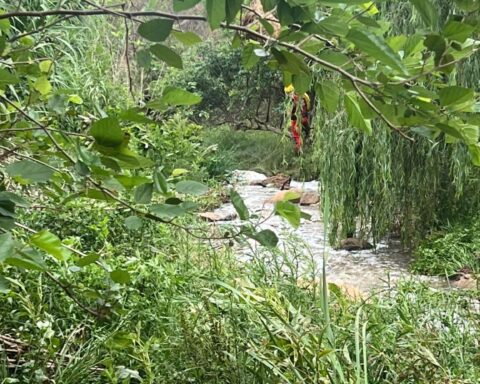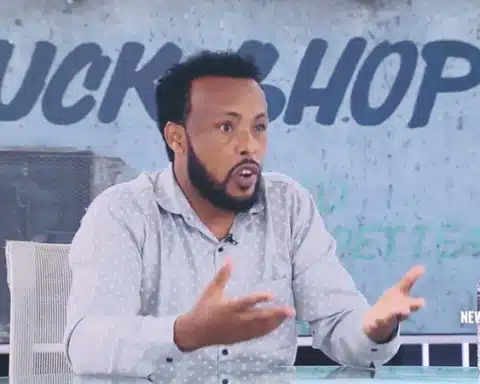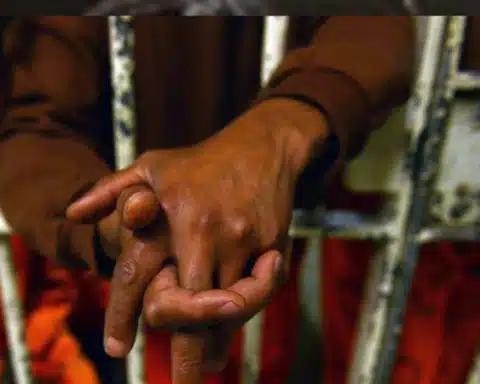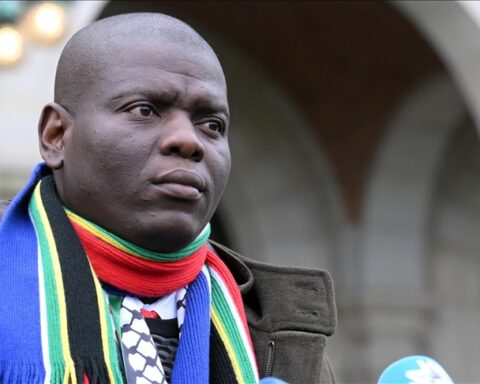In the wake of mass killings in taverns it is time the culture of drugs and gun violence is addressed forthwith in South Africa.
The culture of booze, drugs and gun violence in
South Africa must be addressed forthwith.
July, a month we traditionally associate with cold windy days, was defined this year by a far different rite: funerals.
At least 21 people were killed over the weekend as gunmen opened fire on three taverns in South Africa, in what the police described as “random” shootings.
Early Sunday morning in Soweto, in Johannesburg, a group of men armed with rifles and automatic handguns stormed a busy tavern in the Nomzamo shantytown, in the city’s Orlando East neighborhood, said Col. Dimakatso Sello, a spokeswoman for the police.
The men opened fire around half an hour after midnight in what appeared to be a random shooting, Colonel Sello said, killing 12 people on the scene and injuring 23. Three more people later died at a hospital, the police said.

In one weekend , more than 20 people were murdered in mass shootings in Johannesburg —a carnival of violence that confirmed, among other things, the political cowardice of a large portion of the country’s leadership, the thin pretence of South Africa’s moral credibility, and the sham of public displays of sympathy that translate into no actual changes in South African’s laws, the country’s culture, or the nation’s murderous propensities. In one of the deadliest of these incidents, It is reported that those killed were between the ages of 19 and 35.
Only two weeks ago, 21 teenagers mysteriously died during a night out in the coastal city of East London, about 360 miles southwest of Pietermaritzburg. The cause of their deaths is still unknown, but officials have ruled out a stampede. The episode set off a national conversation about the need for stricter regulation of taverns in South Africa’s townships.
These drinking holes, often in residential areas, are a legacy of shebeens from the apartheid era, when Black South Africans were not allowed to enter segregated bars. These shebeens became sites of violence and risky behaviour, with little oversight, a culture that continues to this day, according to a 2018 World Health Organization report.
Only hours before the attack in Soweto, gunmen in Pietermaritzburg, a city about 300 miles southeast of Johannesburg in KwaZulu-Natal Province, killed at least four people and injured at least eight in a shooting in a tavern in Sweetwaters, an area on the outskirts of the city, the police said.
In yet another tavern shooting over the weekend, gunmen killed two people and injured four on Friday night in the Katlehong township, more than 25 miles east of Soweto.
The three separate attacks, hundreds of miles apart, have brought into sharp focus South Africa’s high rate of crime and gun violence. According to police statistics, the country recorded 5,760 murders last year, or 9.5 murders per 100,000 people, a 66 percent increase from the previous year.
Apparently the Sweetwaters community has the second highest number of murders reported in the country, according to the official statistics.
President Cyril Ramaphosa of South Africa condemned the killings, describing them as “unacceptable and worrying.” Nonetheless, this is not a time for just words from political leaders it is time to act. Time and again, we are heartbroken by the news of deaths resulting from guns, drugs or alcohol fuelled violence. Part of the nations healing must be the conviction that the authorities will do everything in their power to keep these tragedies from happening in a nation that continues to face a pandemic of drugs, booze and gun violence. It’s not only the high-profile mass shootings as witnessed in the last tragic weekend that South African must work to prevent, but also the daily death-by-guns that claims more than many live across South Africa everyday.
It is now common knowledge that these deaths of many unfortunate young South Africans are a predictable outcome of the country’s lack of political will to make a change and an underinvestment in prevention approaches that work. Through a public health approach that focuses on drawing from evidence and addressing the factors that increase or decrease the risk of drugs, booze and gun violence, particularly in communities that are disproportionately impacted, politicians and the authorities that be can save lives.
It’s time to act and not just talk.
South Africa is on a dangerous path and these issues must be addressed forthwith.

